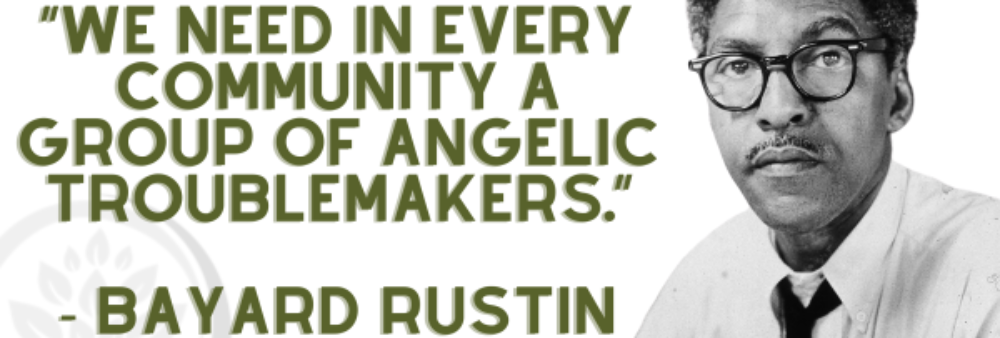– Dr. Cleo Manago
It’s Black History Month again, which means I’m back at it—dropping knowledge on college and high school students like an uncle who’s tired of repeating himself at the cookout. And every year, I am floored by how much they don’t know.
Sure, they’ve heard of Martin Luther King Jr. and the usual February roll call. But mention Robert L. Johnson, the founder of BET and the first Black billionaire in the U.S.? Crickets. Bring up Bev Smith, the first Black woman to host a nationally syndicated talk show—before Oprah—and who actually centered Black people in her reporting? Blank stares.
These kids think Oprah was the first. They have no clue that investigative journalists like Bev Smith paved the way. They don’t know about Tavis Smiley’s origins, who ran BET Tonight back when the network actually cared about Black news and culture. I was even a guest on his show in the ’90s, back when BET was still for us.
But an entire generation—especially those under 30—has no idea what BET used to be. They don’t know it was once Black-owned and full of affirming, intelligent content. They don’t know we had our own news show. That is, until Viacom, a White media conglomerate, slid Robert Johnson an offer he couldn’t refuse: $3 billion for a network that was technically worth a fraction of that. Why overpay? Because Viacom understood that controlling Black narratives was priceless.
And what was new owner Viacom’s first order of business? Oh, just casually changing the locks on Bev Smith and Tavis Smiley. They got rid of Black-led news, talk shows, and anything that resembled critical thought. Suddenly, BET became a non-stop loop of music videos, teen shows, and reruns of Sanford and Son.
Our kids need to know this history—not just as a “tale of what went wrong,” but as a how-not-to-get-played manual for the future. They need to know how to see through the nonsense, navigate the media landscape, and most importantly, rebuild Black-owned media that actually stays Black-owned this time. And let’s be clear: they’ll have to be stealthy about it.
Because anytime an iconic Black figure tries to reclaim major media space, the rules magically change. Bill Cosby and Tyler Perry both tried to buy mainstream networks, and suddenly, the “For Sale” sign vanished into thin air. Even Perry’s recent attempt to buy BET back was met with a resounding “LOL, never mind.” The message is clear: they will never let another independent, unapologetically Black media empire rise again.
“But what about TV One?” some might ask. Well… if you like reruns of Good Times with the occasional news segment sprinkled in, sure. But let’s keep it real—TV One is co-owned by NBC, which means they call the shots. That’s why they axed News One Now and sent Roland Martin packing. I know because I was a panelist on that show for nearly a decade. I’ve been inside every major Black media outlet. I’ve seen the chessboard.
And if you still think I’m reaching, explain this: right before Obama’s inauguration, a bunch of high-profile Black media personalities mysteriously “got let go.” Roland Martin? Gone. Tamron Hall (pre-White husband era)? Booted. Melissa Harris-Perry (who, for the record, still has a Black husband)? Pushed out. Tavis Sniley? Arrivederci. Recently, soon after Donald Trump’s inauguration, Joy Reid of MSNBC? No more.
The pattern is undeniable: White-owned media will always swap out authentic Black voices for… well, Black people who look the part but don’t shake the table too much. They may look like us, but they don’t resonate like Bev Smith or Tavis Smiley. And our kids need to see through that illusion—so they don’t fall for the hype of visibility at the expense of actual power.
If we want real media independence, we have to build it, fund it, and most importantly, protect it. So next time we create another BET-level platform, we better hold on to the damn keys.





